Rich History of Pakistani Rug Making

Pakistani rugs are popular for their diverse culture and art representation. Dated back to 11th century carpets of Sub Continent dates back to Mughal Era. In the middle of the separation, most of the carpet manufacturers migrated to Pakistan’s Punjab regions mainly Lahore and Rawalpindi. The Pakistani carpet of today represents all the versatile colors of historic events and cultures. A perfect blend of distinctive design and knotting pattern creates a truly mesmerizing version of Rugs that reaches your home. The Picture-perfect Pakistani rug prices vary depending on the material used and designs. It is meant to uplift the aura of your guest room or hallways and let the centuries-old culture speak for itself.
Knotting History, woven with love!
Classical history of beautiful Pakistani rugs collection resonates warmth and colors. Pakistani people love their heritage and vibrant culture and our rugs represent every essence of it. Knotting rugs is a fascinating process to experience starting from the choice of thread to the dying, washing, sun-drying, and finishing every step symbolizes craftsmanship and art. Cotton is used as the base of most rugs to provide a strong foundation. Silk was also in use but was kept for more luxurious work, adding sheen to the design it was a popular status symbol among the Mughals. Generations' old designs and techniques are sun-dried to restore the natural luster and enhance softness.

A Living Legacy of Pakistani Homes
The Rug Industry of Pakistan started to receive the right amount of hype again in 1960. Manufacturers began to increasingly create carpet masterpieces efficiently. Sooner rug manufacturers began to export their artwork across the globe and Pakistani heritage became a symbol of culture. Today Pakistan is one of the most popular rug exporters all over the world. Carpet began to market in different shapes and sizes. Long runner rugs, round rugs, rectangular rugs, and more shapes reflect the admirable patterns of carpets. Today’s rug is a walking example of walking of the modern and Western cultural blend.
Patterns and Colors of Pakistani Rug:
Colors and Patterns are the best part of Pakistani Rugs. When you walk in a shop filled with unique patterns and colors it gets pretty hard to pick one. Our rugs are recognizable everywhere for their distinctive designs and patterns. Every rug is a symbol of craftsmanship and creativity. They are all beautiful in their own way. Every design has roots in a living old culture from Indian and Yemeni culture. Our designs are also inspired by the cultures of Peru and Japan through their eye-pleasing tye and dye forms of art. In contrast to Pakistani rugs, and traditional design our craft requires abstract features with stronger colors.
Large cities of Pakistani carpet production are Lahore and Karachi. Carpets from Pakistan no matter where ever they come from they have a special luster and shine because of the high-quality wool used in their making. Relatively Pakistani rug prices are not too costly but some rugs are made with pure silk for extreme comfort and a velvet feel. Carpets of Pakistan are also popular for their unique designs and solid colors. Most the Pakistani manufacturers are inspired are Turkmen carpets (Mori carpets). Red, black, and dark red are the signature colors of Pakistani rugs.

Single Knot Carpets:
The backbone of every carpet is called warp. Made with cotton fiber stretched vertically before the process of weaving. This is blended with horizontally stretched fibers called weft. Then the process of knotting starts especially in the case of handmade carpets, there are two main methods of creating intricate designs of Pakistani rugs. Single Knot Pak Persian rugs have always been high in demand mostly because of their single knot technique. In this technique, a single thread of yarn is pulled around two adjacent warp threads and then they are skilfully pulled through to create a knot. The ends of the knot form the surface of the carpet. They are comparatively more time-consuming than the double knot technique and result in denser piles.

Double Knot Carpets:
Also called Turkish Knot, here a double strand yarn is looped around two adjacent warp threads. The ends are pulled to create knots and then finished finely in a thicker yet less intricate design. Yet they are considered more desirable because of their lasting durability. Skilled craftsman spends months creating one masterpiece that lands in your dining hall. Paying attention to every detail they show a wide range of designs, patterns, and colors. Amazing carpet weaving in Pakistan skills have been passed down to generations for years.

Velvet feel of Pakistani Rug:
Weavers of Pakistan are very concerned about wool choice. Extracted from newly born sheep because they all have a different texture an old sheep’s wool and a newly born sheep’s wool. Some Pakistani rugs are expensive and for the right reason. They are handmade by weaving experts and are mostly exported to Middle East Countries. Ninety-five percent of carpets manufactured in Pakistan are exported. Because of their silk and wool combination, they bring an amazing velvet feel for an amazing walking experience. Modern designs of Imam carpets are popular choices abroad. Contact us today and give your guest room a décor with our beautiful handcrafted rugs.

All Traditional Carpets:
High-quality materials and distinctive weaving techniques set Pakistani ahead of other countries. Best-quality wool, cotton, and silk contribute to their luxurious feel. Pakistani carpet manufacturers use handspun wool to maintain the quality and consistency of the carpet. Chobi rugs are one of the most popular choices for Abroad families. On the other hand, many skilled manufacturers consider Persian rugs as one of the most complex works. It involves dedication and a very precise color selection of the same spectrum. Due to such reasons, these carpets take up to 5 months to be fully designed and ready to ship. Chobi carpets on the other hand take up to 11 to 12 months to complete. Bokhara rugs are typically popular for their flower pattern with more or less similar color pattern to Jaldar rugs, they are also running items in the world of rugs.
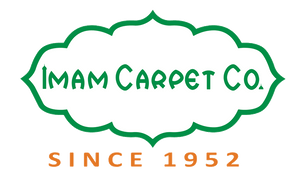



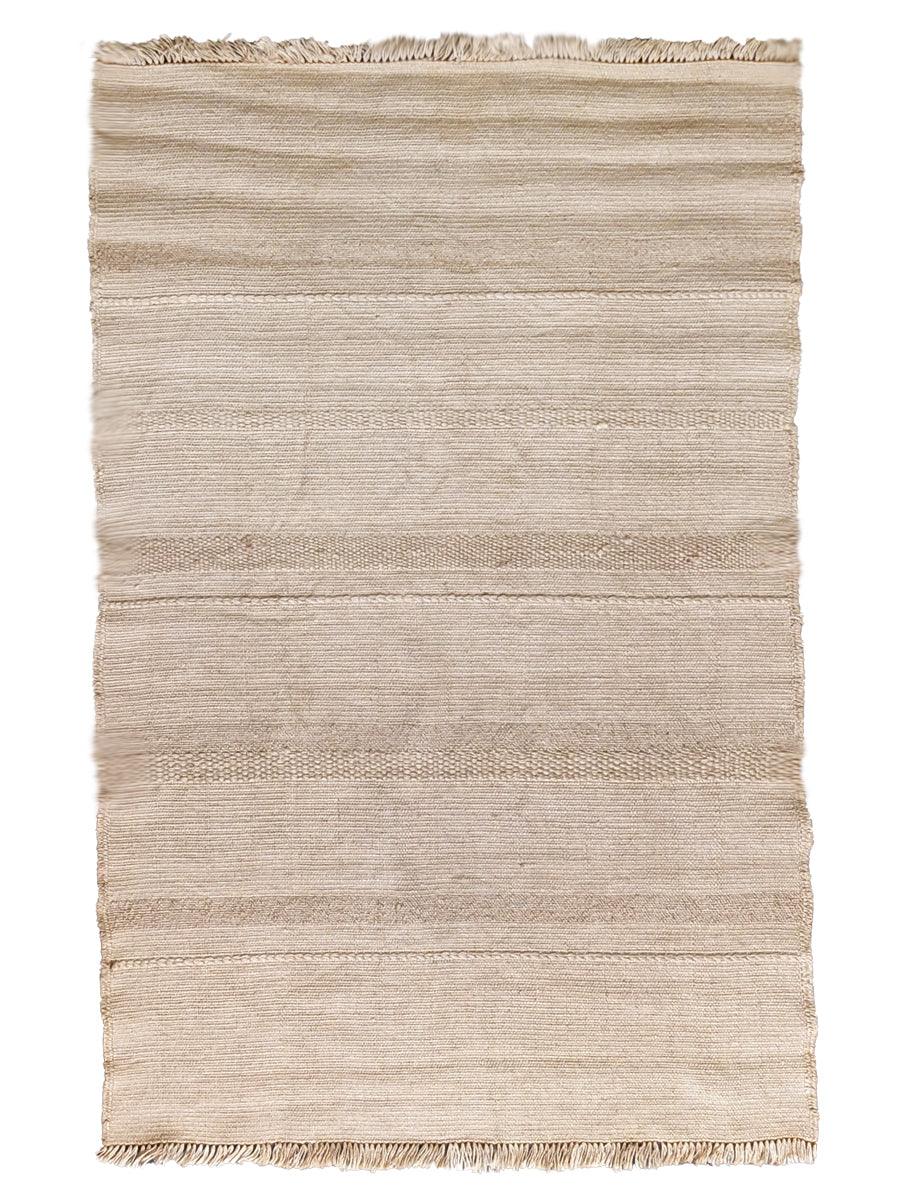
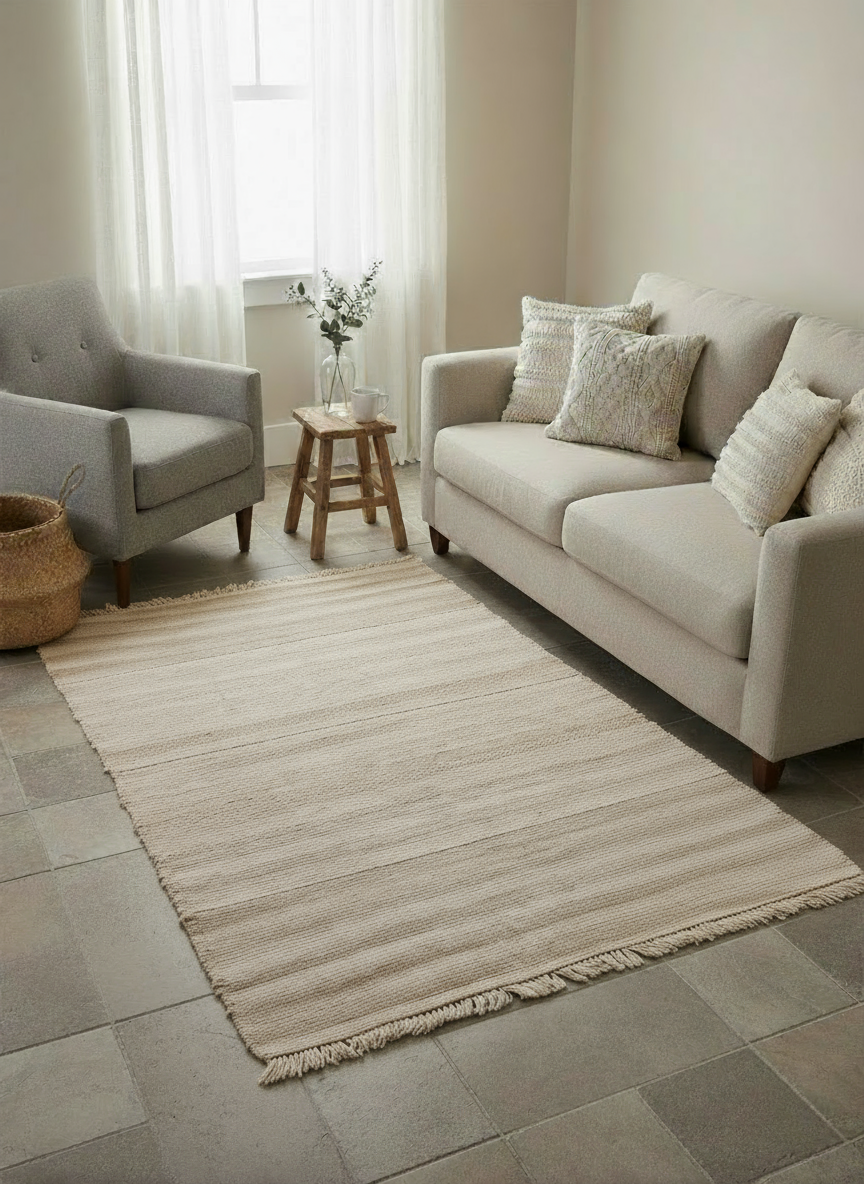
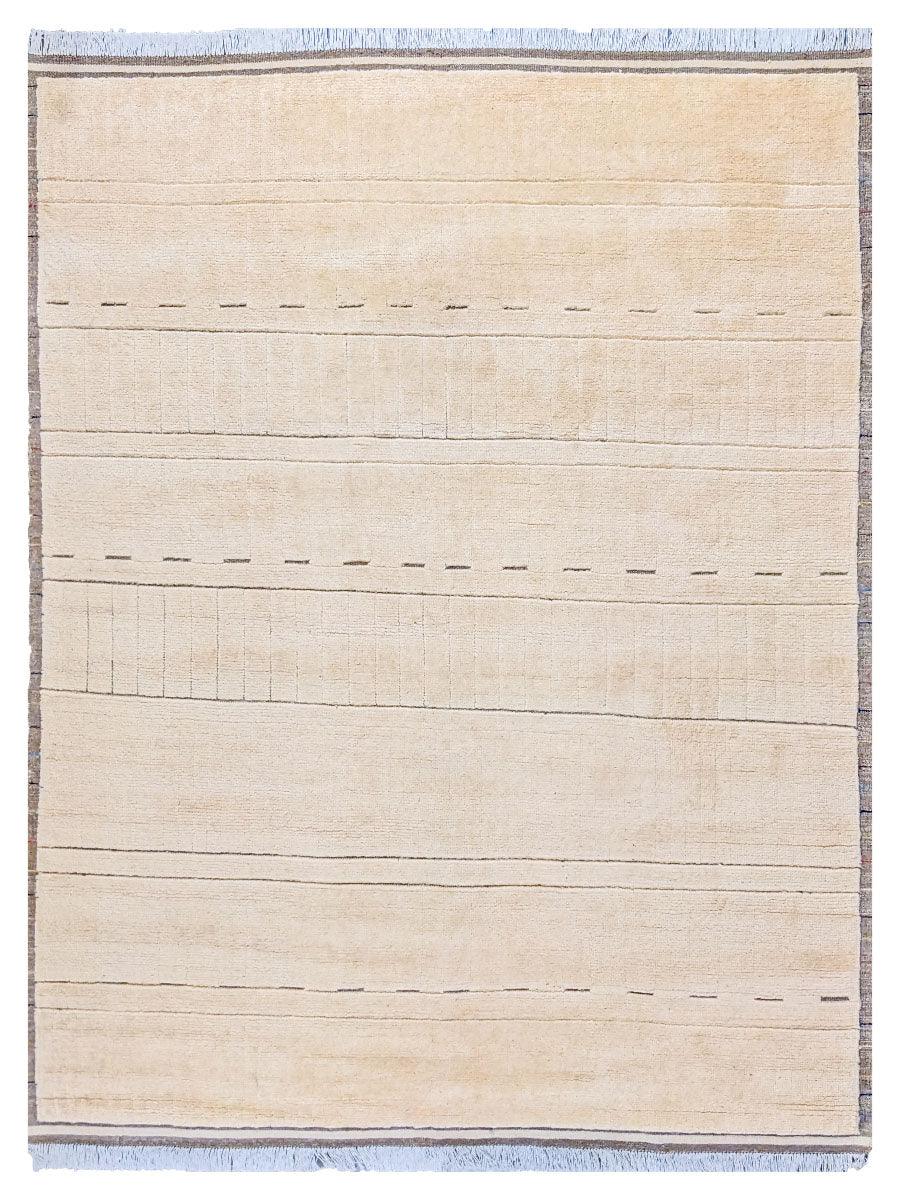
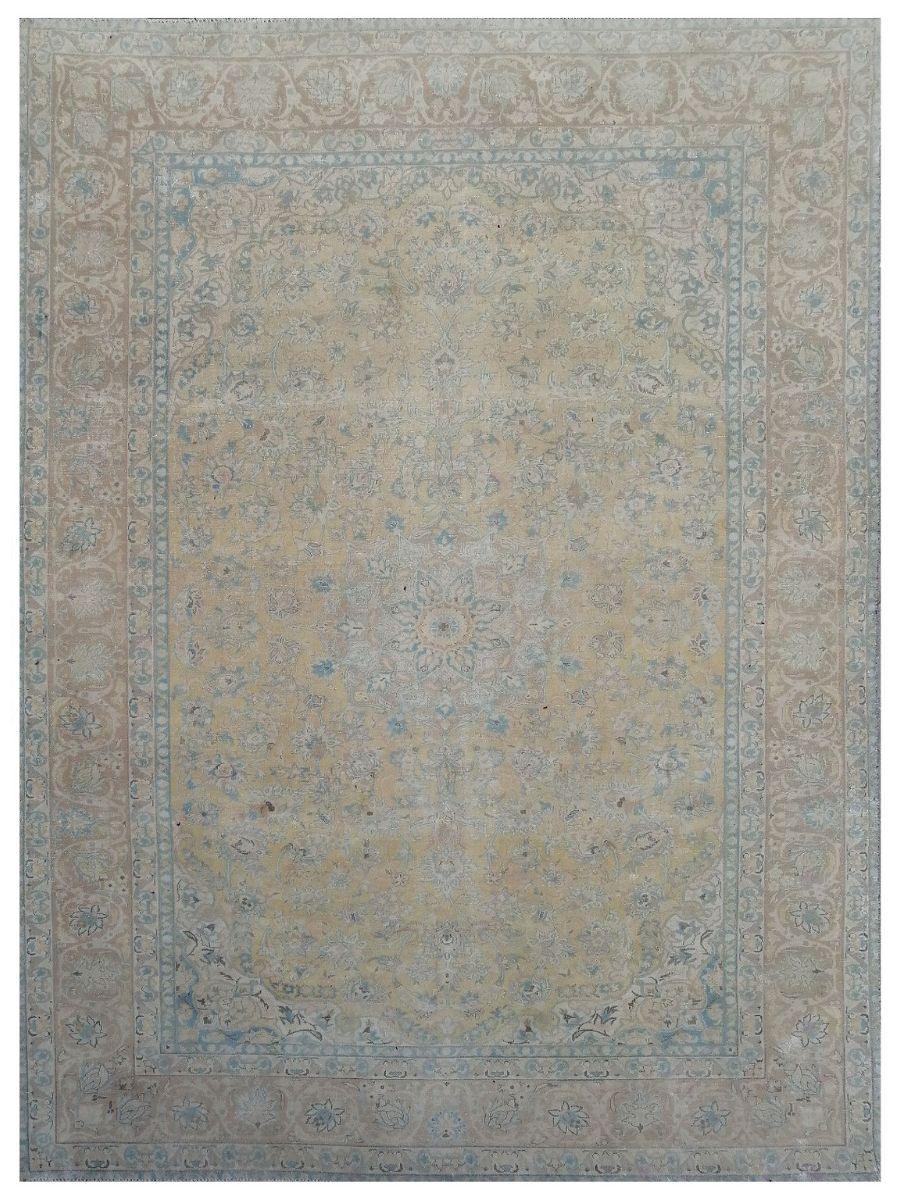
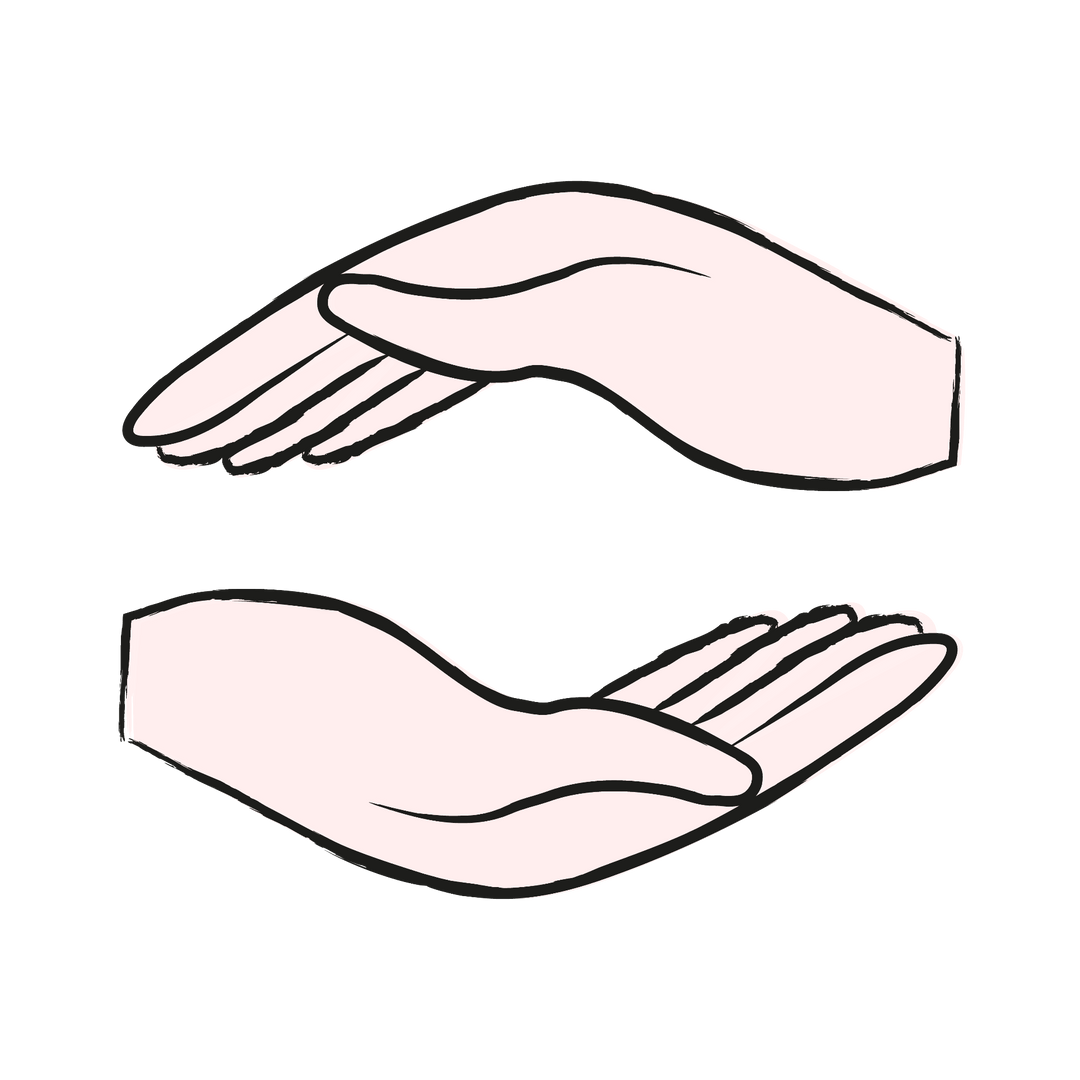
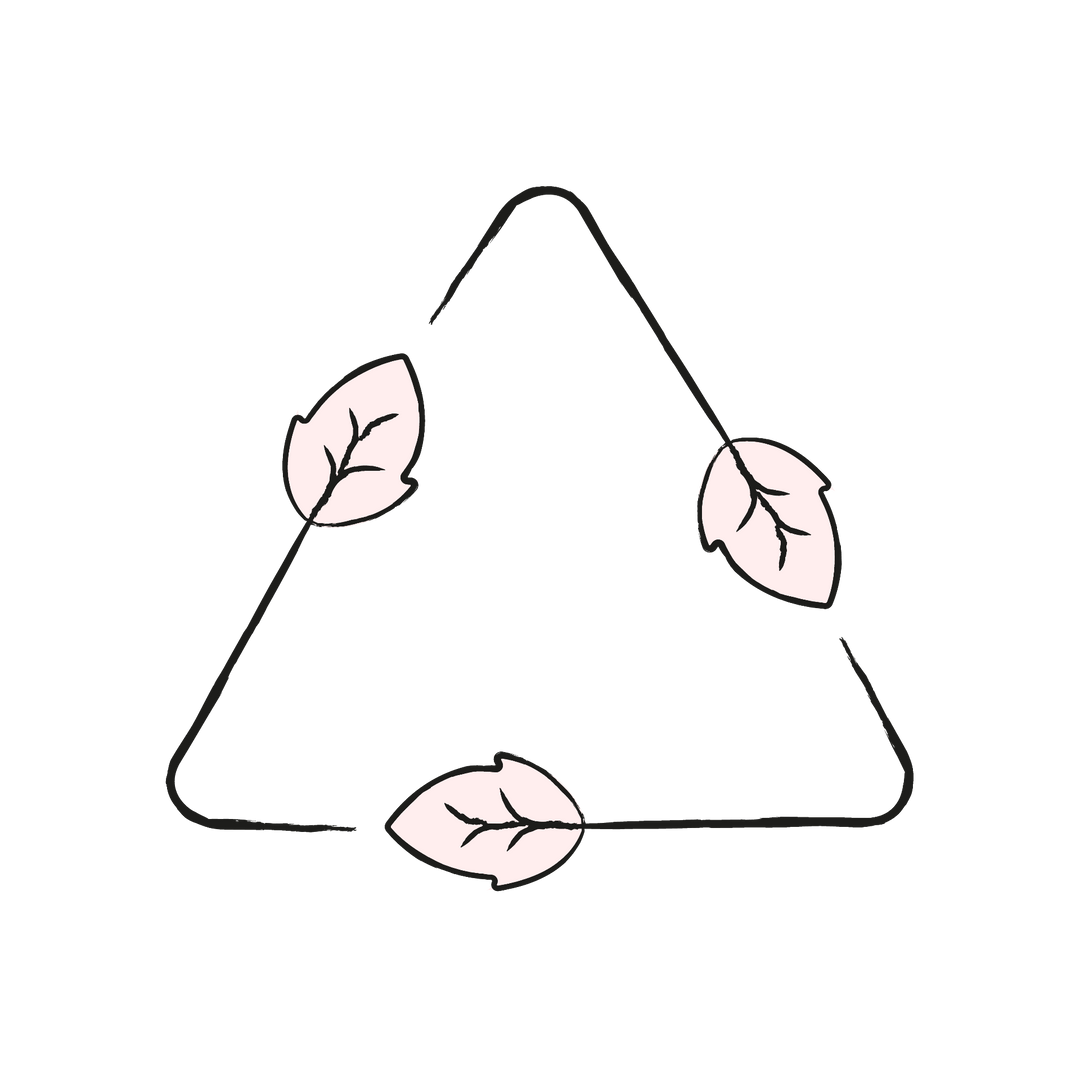
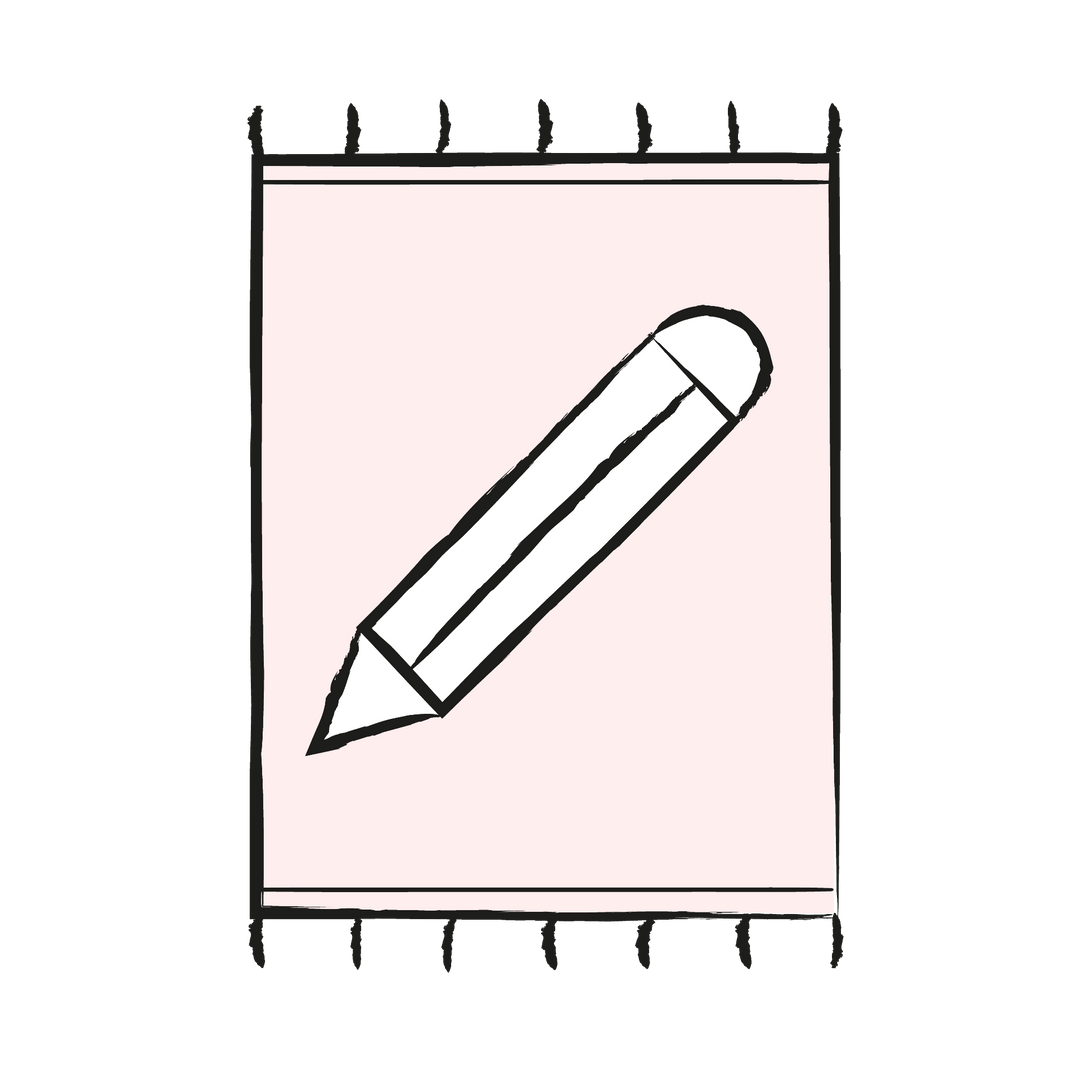
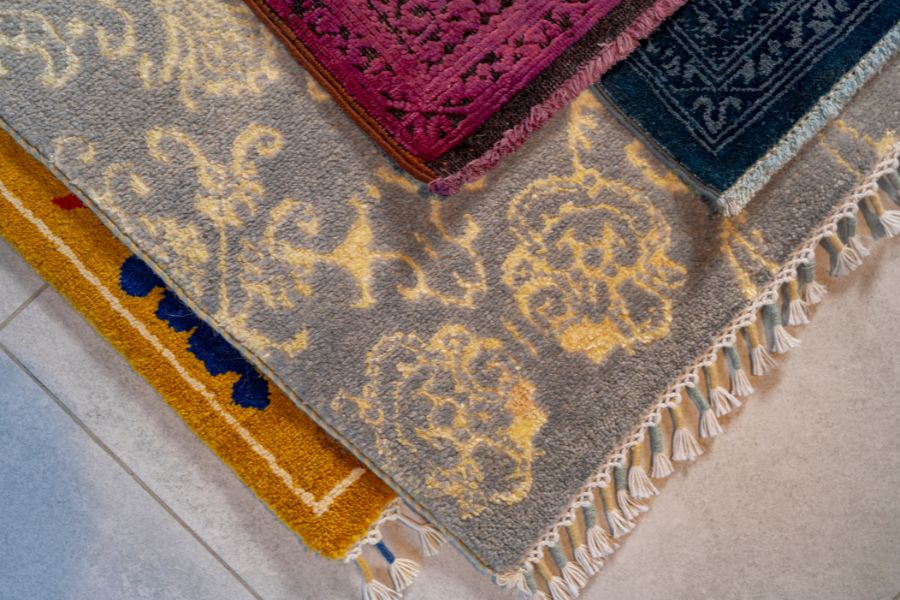
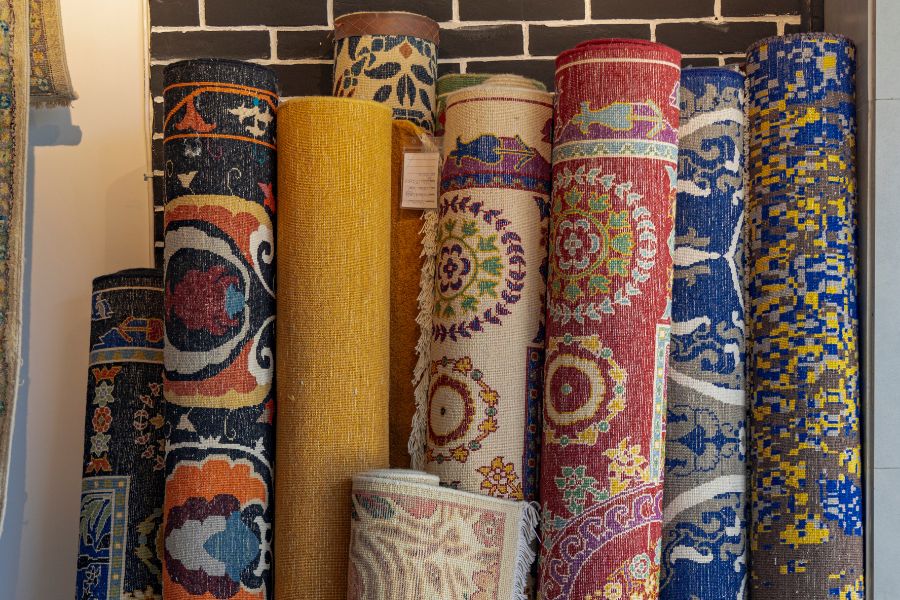
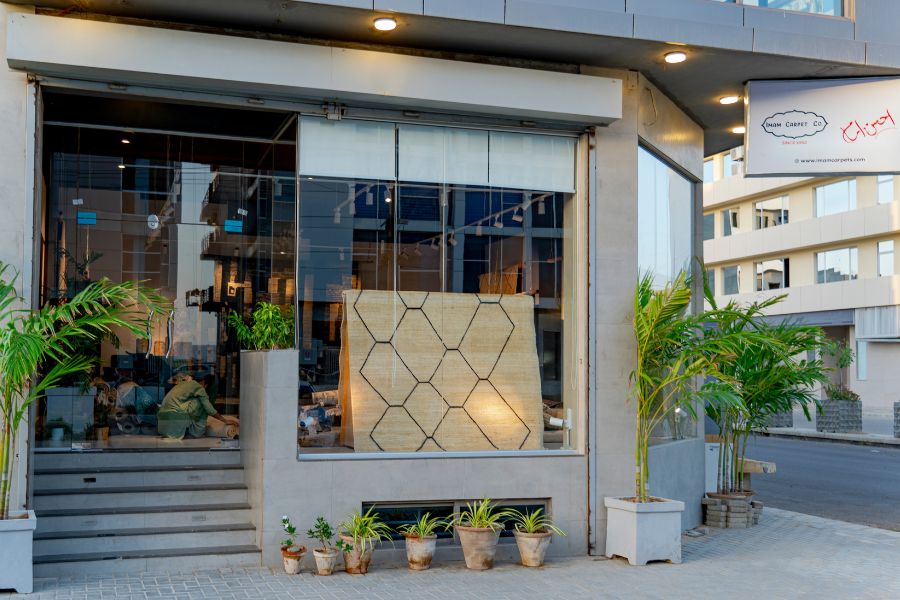
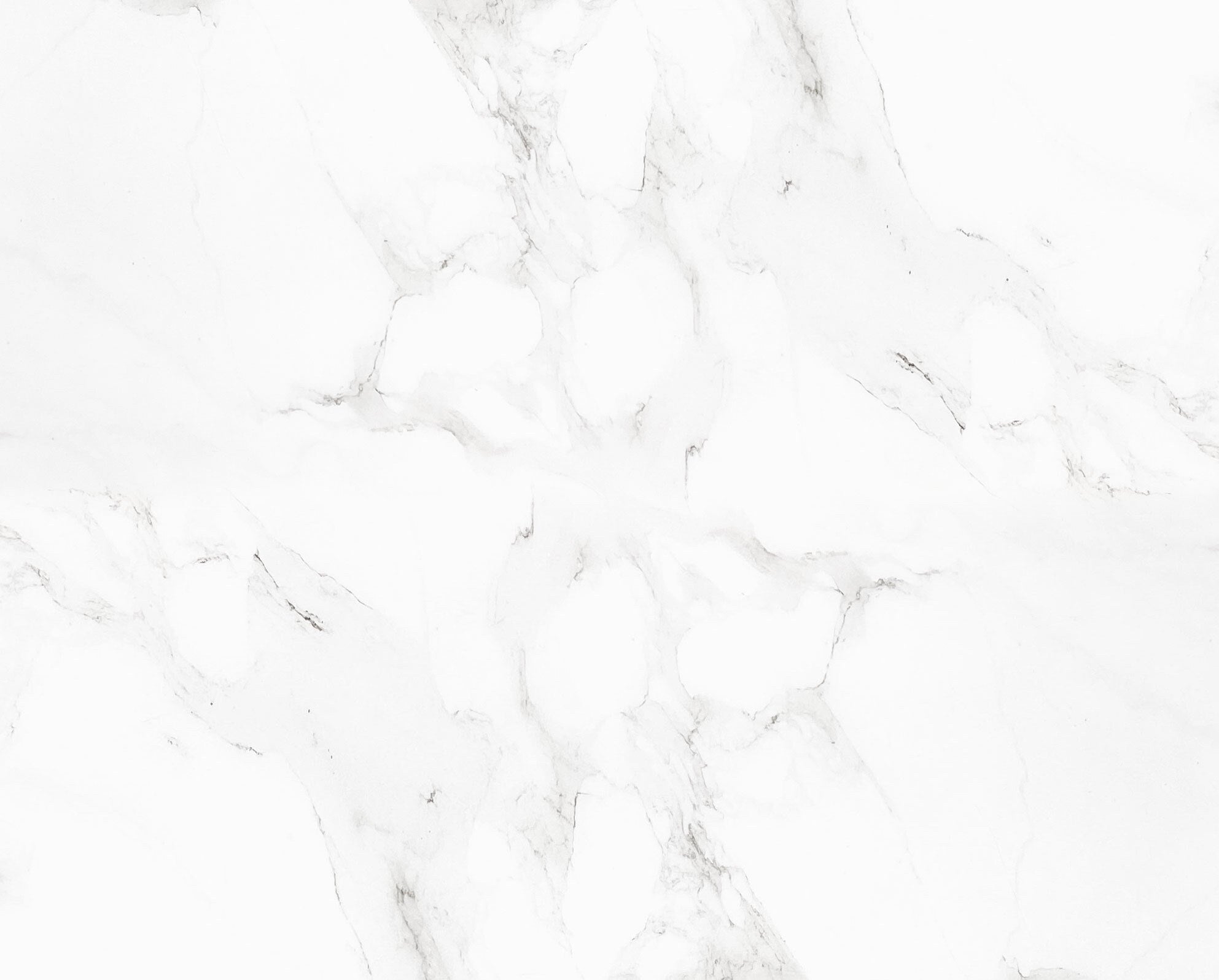
Hinterlassen Sie einen Kommentar